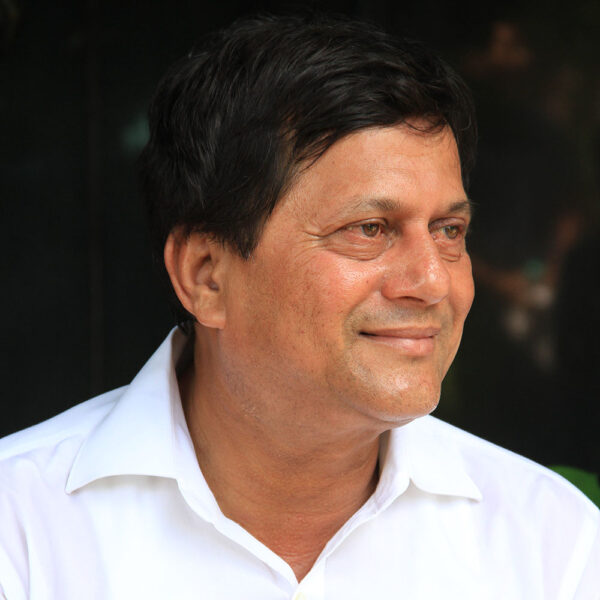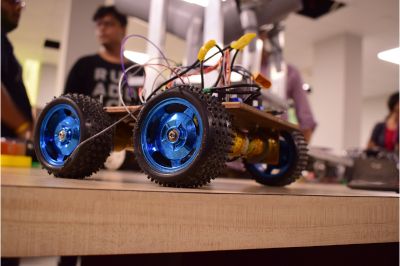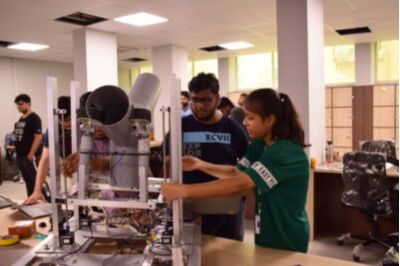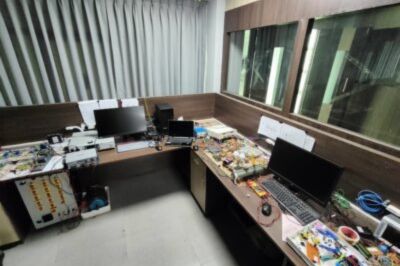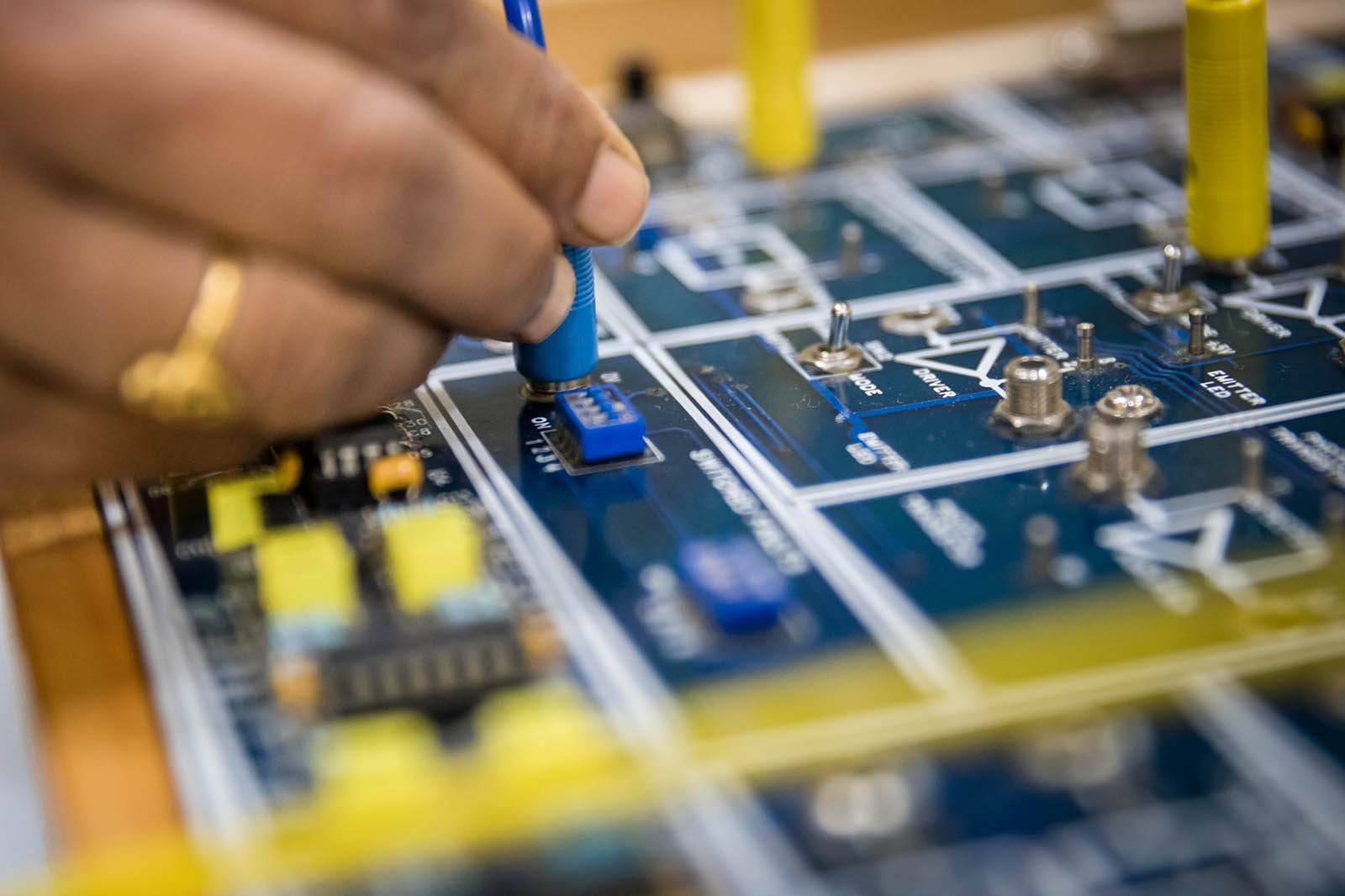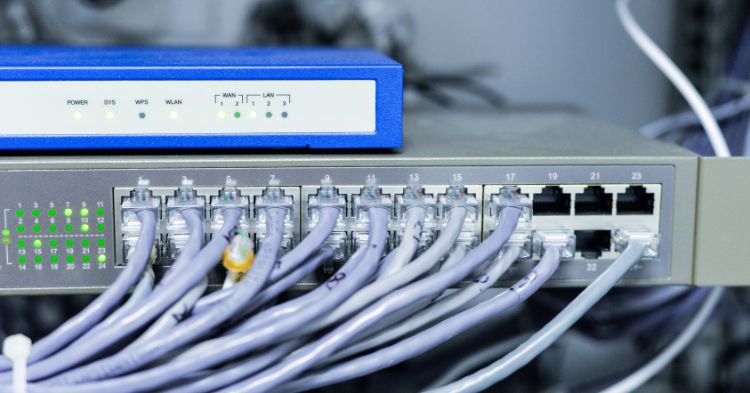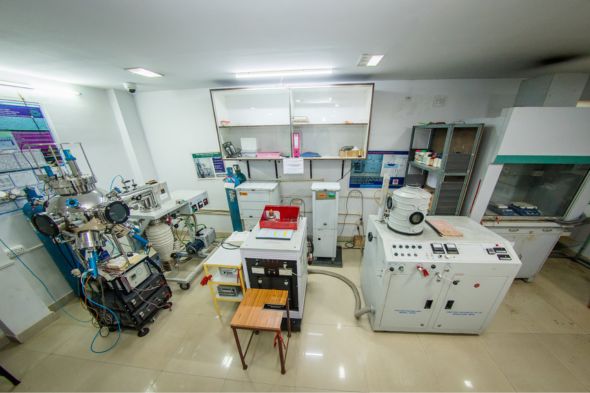Under Graduate Programmes (B.Tech)
About the Course:
Electronics is a super specialization of Engineering with huge opportunities.
Electronics plays a pivotal role in the automation process. The rapid advancement of technology and automation has augmented the efficacy of modern industries. Apart from a host of electronic gadgets like cell phones, TVs, home appliances etc, electronics technology has deep inroads in many indispensable areas like automobile, automation, robotics, green energy, healthcare & medical diagnostics, Space Science, Defence etc. Electronics technology is a harbinger between system design for various real world uses and modern computerized technologies.
History of electronics has iconic milestones, which starts from vacuum tubes and various analog devices. Knowledge of digital electronics and signal processing is essential for almost every technology. Electronics Engineering caters to technology building through various embedding programming and fabrication technologies. In the recent years, electronics engineering has provided technological advancements in augmenting reliability by building smart sensors, protocols for telecom networking and lightning communication.

